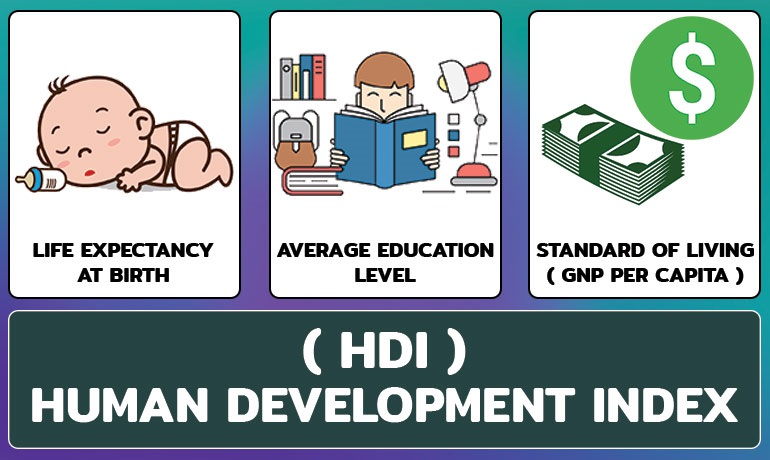The United Nations Development Programme (UNDP) released a report on Thursday stating that Pakistan’s Human Development Index (HDI) rating has fallen from 146 to 161 in 2021-2022.
According to the UNDP, the average age of a Pakistani is 66.1 years old, and the average number of years spent in education is 8.
The United Nations Development Programme (UNDP) released a report on Thursday stating that Pakistan’s Human Development Index (HDI) rating has fallen from 146 to 161 in 2021-2022.
Pakistan dropped from its previous position of 154 out of 189 countries.
According to the data, the average lifespan in Pakistan is 66.1% and the average number of years spent in education is 8.
The average annual income in the country is $4,624. The paper concludes that the global order is being disrupted by climatic shocks, whichares slowing the progress made in recent years.
Floods in Pakistan have been labeled “one example of the climate shocks observed around the world” in the report.
According to the most recent HDI, Switzerland is in the first place, with Norway and Iceland following closely behind.
Only Pakistan and Afghanistan (ranked 180th) is in the low human development category among the nine South Asian countries (Afghanistan, Bangladesh, Bhutan, India, Islamic Republic of Iran, Maldives, Nepal, Pakistan, and Sri Lanka).
Countries with a medium level of human development include Bhutan (127), Bangladesh (129), India (132), and Nepal (143).
And Sri Lanka, which has been beset by several crises, has risen 9 places to 73 on the index, putting it in the high human development category.
The next country is the Maldives, at number 90, followed by Iran, at number 76.
Uncertain Times, Unsettled Lives: Shaping Our Future in a Changing World finds that nearly 90% of countries experienced “reversals in human development” during the survey year, suggesting that the world is mired in a perpetual cycle of crises that threatens to destabilize society on a global scale.
The analysis indicates that the Covid-19 epidemic and the Russia-Ukraine war were the two primary causes of these disturbances.
The HDI compares countries based on their per capita income, life expectancy, and educational attainment.
Over the past two years, human progress in the majority of countries has declined, marking the first time in the last 30 years that this has happened.
As a result, human advancement has stalled around 2016 levels, dealing a severe blow to the Sustainable Development Goals (SDGs) that were supposed to be accomplished by 2030.
According to the UN, the HDI should be 0.75 by the year 2021, however, it has only been calculated to be 0.732 thus far.
There is a “new uncertainty complex” in the world, according to the research.
The two years of Covid-19, which witnessed multiple deadly waves of the virus, contribute to this ambiguity.
As the research points out, the international community responded swiftly to the virus and developed vaccines to fight the risks, but the medicines were not distributed fairly, leading to additional problems in several low-income countries.
People’s mental health suffered all around the world as a result of the lockdowns and school cancellations brought on by the pandemic.
According to the findings of the survey, the men of Bangladesh, India, and Pakistan were the most negatively impacted by the pandemic’s disruptions to their daily lives.
“We have a limited window to re-boot our systems and assure a future built on bold climate action and new opportunities for everybody,” UNDP Administrator Achim Steiner said in response to the global problems.










